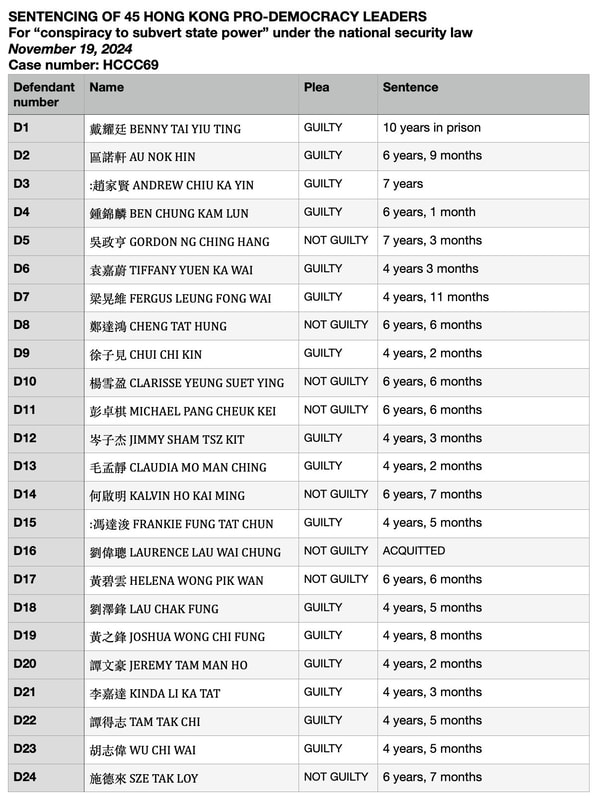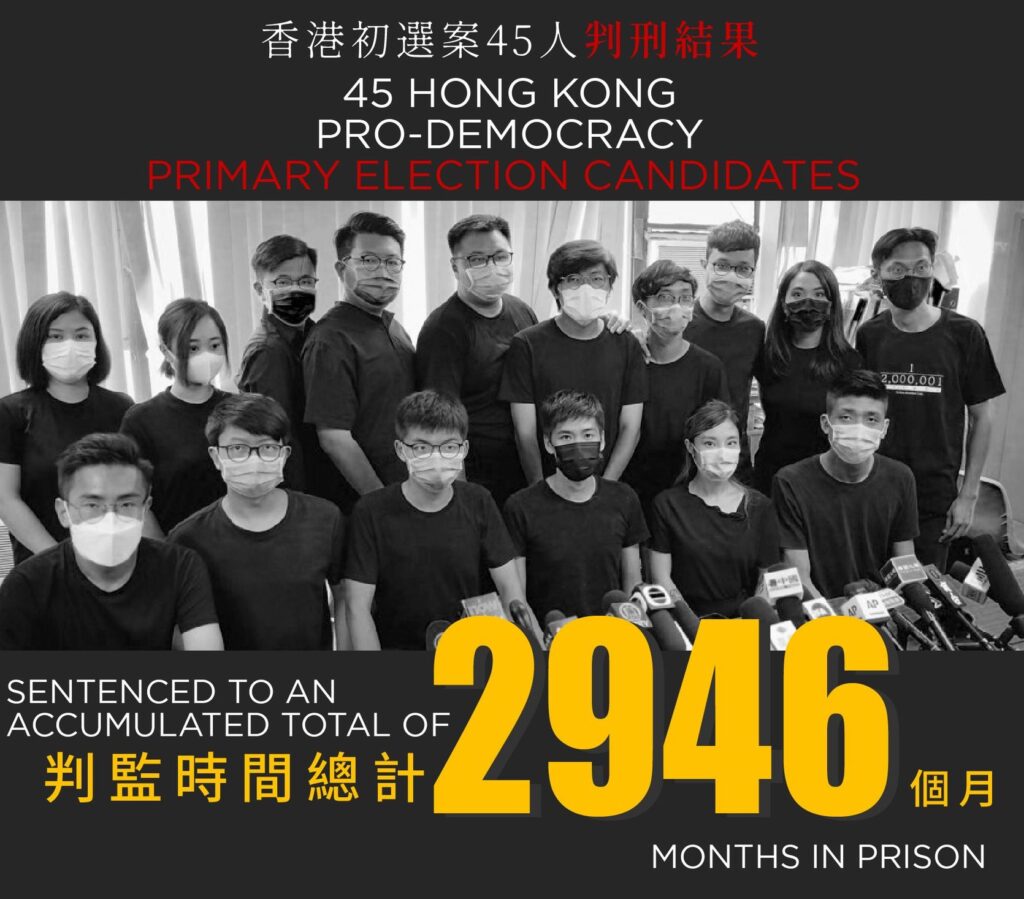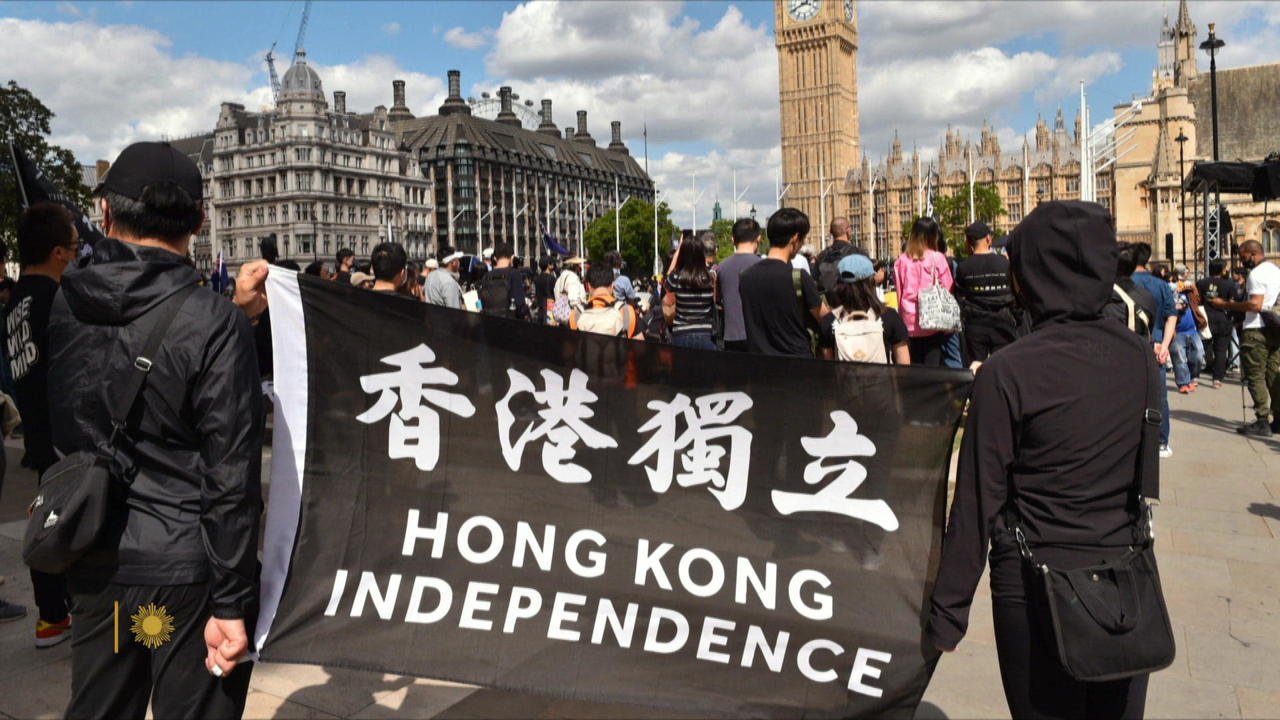28.11.2024
Dozens of Hong Kong Pro-Democracy Leaders Are Jailed Up to 10 Years
The 45 defendants were at the forefront of the opposition movement crushed by Beijing. Many had already been in jail for years. Forty-five former politicians and activists who had organized or taken part in the 2020 primary by the opposition camp were sentenced by a Hong Kong court to prison, including for as long as 10 years. The sentences were the final step in a crackdown that cut the heart out of the city’s democracy movement, turning its leaders into a generation of political prisoners. Among them were veteran politicians, former journalists and younger activists who had called for self-determination for Hong Kong. In a courtroom that had to be created just to accommodate them, the 45 defendants sat shoulder to shoulder on Tuesday on long benches, behind a glass partition and flanked by police officers. A judge read their sentences aloud, referring to them not by their names but by their numbers on a list. The hearing was over in half an hour. It was the most forceful demonstration of the power of a national security law Beijing imposed on Hong Kong in response to months of large protests against Chinese rule in 2019. The court sentenced Benny Tai, 60, a legal scholar and opposition strategist, to 10 years in prison. Twenty opposition politicians and activists were given terms ranging from five to nearly eight years. Joshua Wong, 28, a prominent pro-democracy activist, was among 24 others whose sentences ranged from just over four to just under five years. Gwyneth Ho, 32, a former journalist who was known for covering a mob attack on antigovernment demonstrators trapped in a subway station, was sentenced to seven years for running as a candidate. She had refused to plead guilty. Even before their sentences were handed down, many of the defendants, who were arrested in early 2021, had already been in jail for nearly four years, as they awaited and then stood trial. That was because the law has made it harder for defendants to be released on bail, which in most nonviolent cases is routinely granted.
Credit: rfa
Credit: rfa
Poverty deprives people of adequate education, health care and of life's most basic necessities- safe living conditions (including clean air and clean drinking water) and an adequate food supply. The developed (industrialized) countries today account for roughly 20 percent of the world's population but control about 80 percent of the world's wealth.
Poverty and pollution seem to operate in a vicious cycle that, so far, has been hard to break. Even in the developed nations, the gap between the rich and the poor is evident in their respective social and environmental conditions.
Poverty and pollution seem to operate in a vicious cycle that, so far, has been hard to break. Even in the developed nations, the gap between the rich and the poor is evident in their respective social and environmental conditions.



















